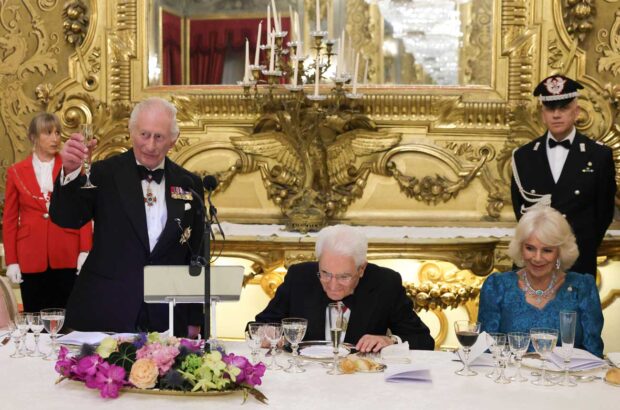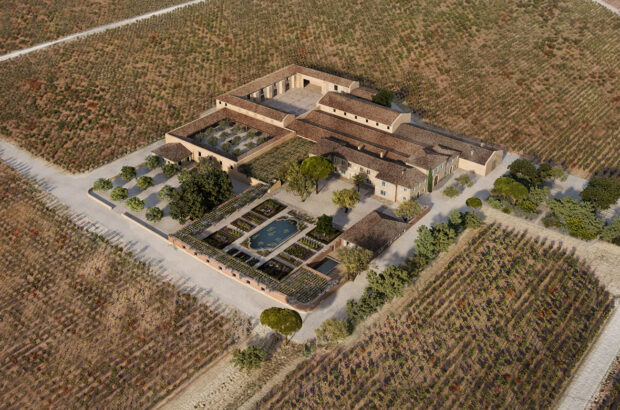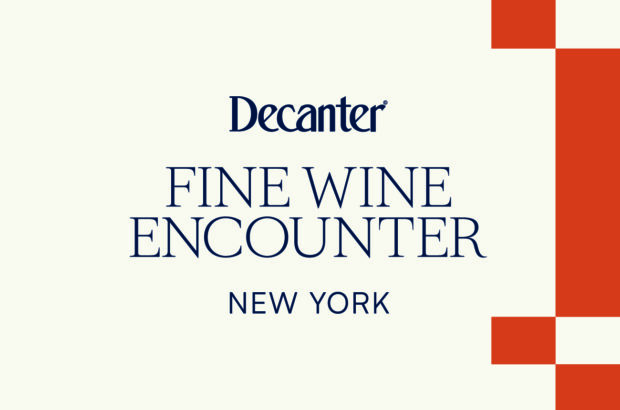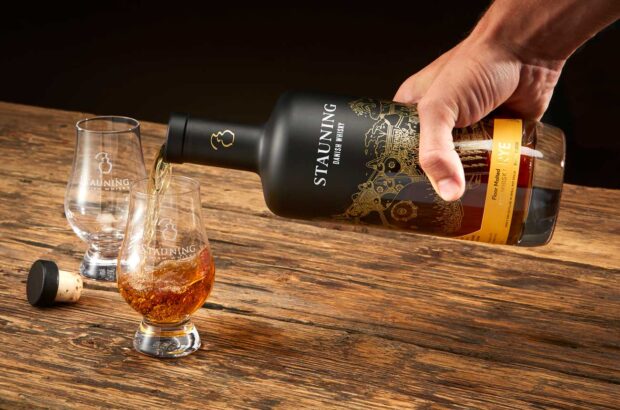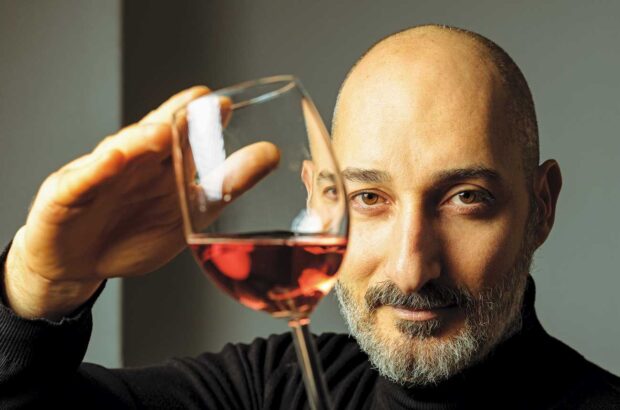With 23 harvests at Kanonkop Estate under his belt, winemaker Abrie Beeslaar has become synonymous with the Stellenbosch estate. So it was no surprise that his decision to leave, announced in January this year, made the headlines.
‘It was, and still is, very difficult,’ Beeslaar told Decanter at the time, about his decision. Six months on, the groundwork has been more firmly laid for his succession at Kanonkop, where he is not being replaced by an outsider.
Instead the existing team at Kanonkop will continue the winemaking, with Francois Van Zyl stepping into the role of senior winemaker, alongside winemakers Christelle Van Niekerk and Ruan Van Schalkwyk. Suzaan Krige, daughter of Paul Krige, who owns Kanonkop with his brother Johann Krige, will also be joining the team as assistant winemaker.
‘I’m leaving a great team behind,’ said Beeslaar. ‘The talent is there, the commitment, the love for the property and the brand –so that’s I think the most important thing. That’s also the same reason why we haven’t decided to appoint somebody outside the business; to keep that momentum going and keep that passion going. I think it was a positive decision,’ he added.
Beeslaar will be officially stepping away from Kanonkop at the end of November. ‘By November most of the vineyards are pruned already, all of that work is done. November’s a good date,’ he explained.
But he will still be staying close to the winery in an ongoing consultancy role. ‘It’s not that I said, “Listen, I want to go!” Because you don’t stay at a place for 23 years and not enjoy it. Kanonkop will always have a piece of my heart and I don’t think I will ever be not interested in what’s going on,’ he said.
‘The reason for going is just that I needed to give myself room to grow my own wine,’ he continued. ‘Kanonkop is becoming too big and is still growing aggressively so there wasn’t really room.’ Under Beeslaar, production at Kanonkop increased from 300,000 bottles to three million.
Established in 2011, his personal project Beeslaar Wines is a smaller operation, currently focusing only on Stellenbosch Pinotage and Chardonnay. Beeslaar sources fruit from growers, using four plots for Chardonnay, but just one site for Pinotage. The latter represents a radical departure from his work at Kanonkop, as the vineyard is shale.
‘In my whole life I have only worked with granite soils. So the expression of Pinotage on [granite] I knew exactly what it was. But then with the shale, all of a sudden you had all this perfume and red fruit and beautiful expression of the varietal,’ he said.
There are currently 10 vintages of Beeslaar Pinotage in the market. But there are plans to extend the red range. ‘I’m starting a Bordeaux blend that will be released at the end of this year, beginning of next year. It’s 2022 vintage and has already been bottled,’ he said, adding that the new wine does not have a name yet.
‘Then from next year, I’ll probably do a second wine as well. It might be a lighter style Bordeaux blend, it might be a Cape Blend or it might be a straight Pinotage. I haven’t decided yet.’ Watch this space…



